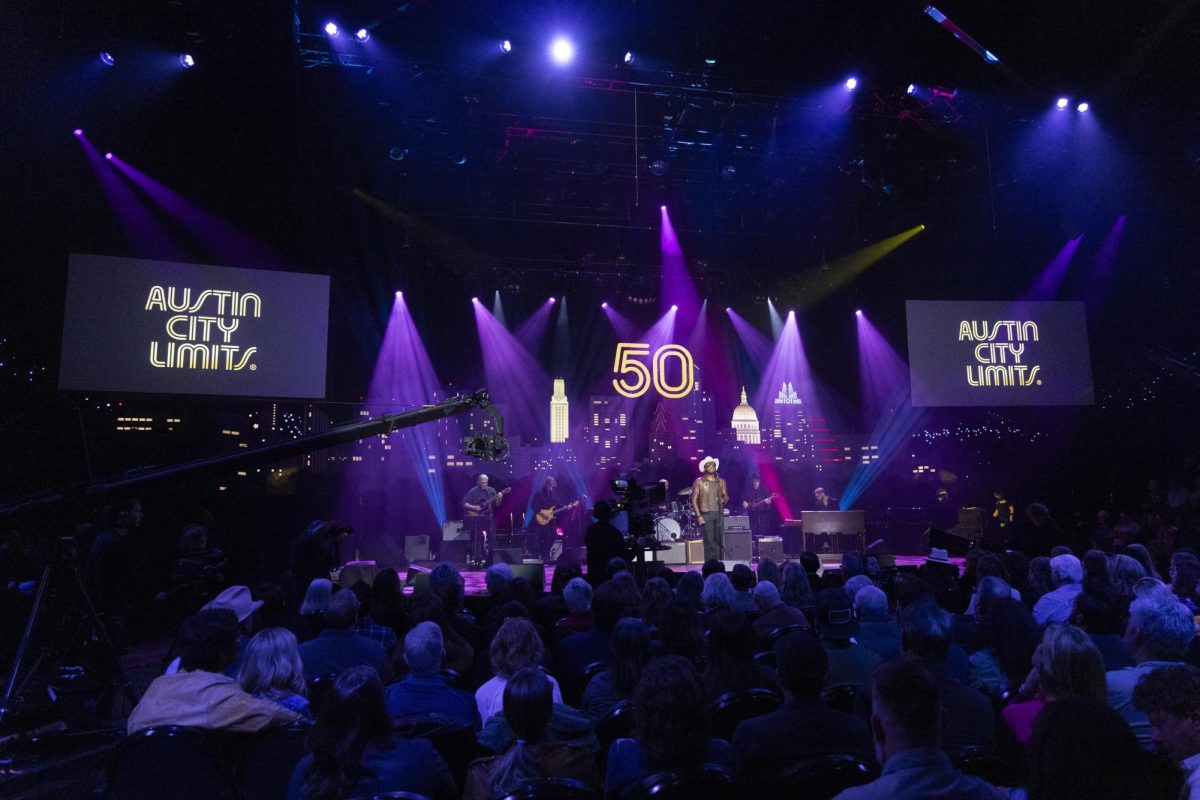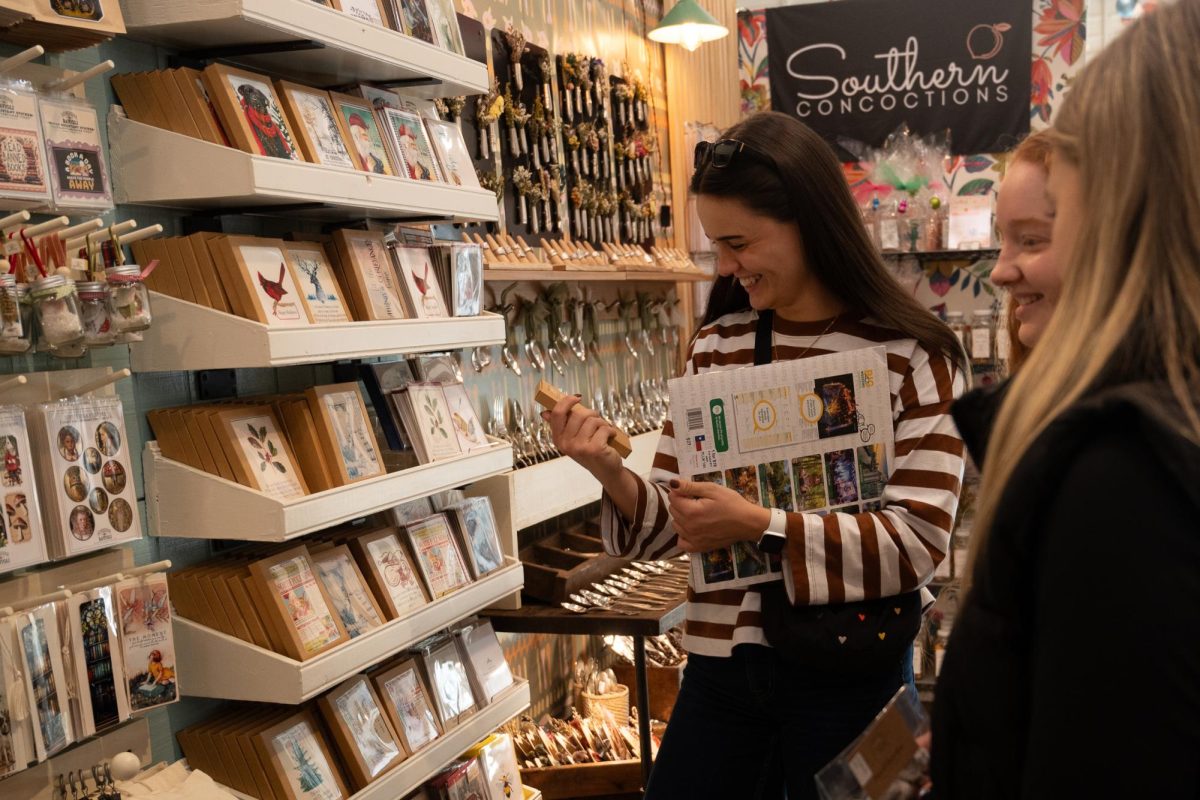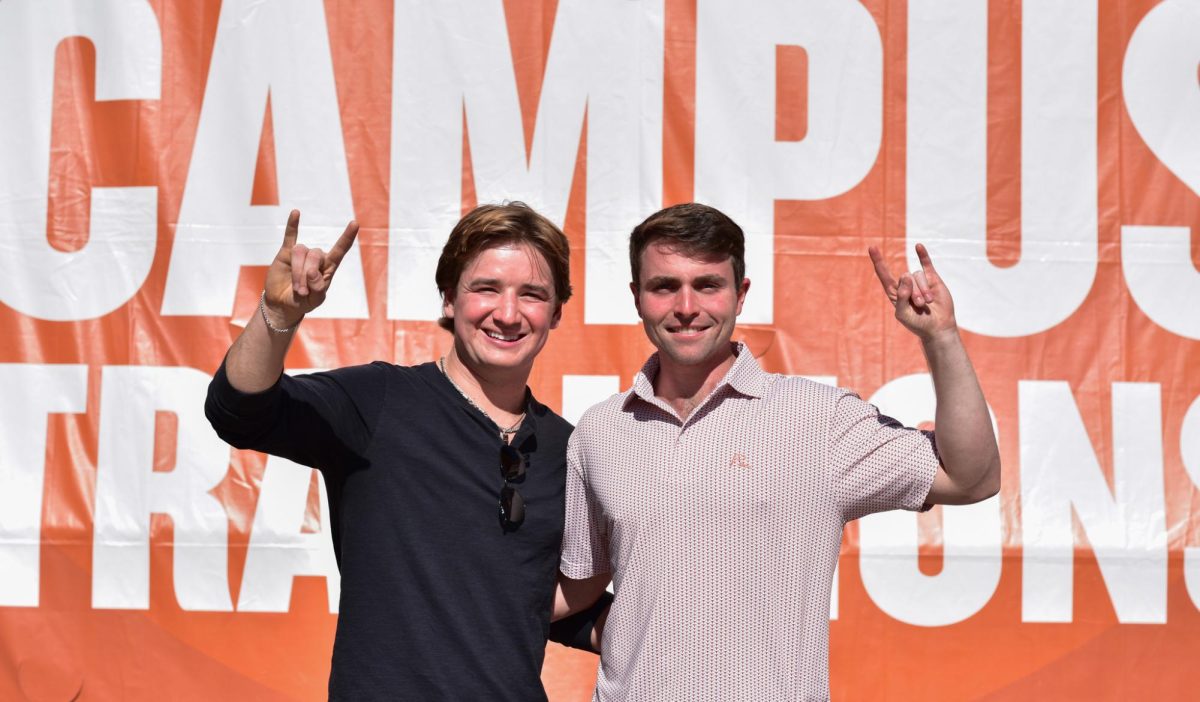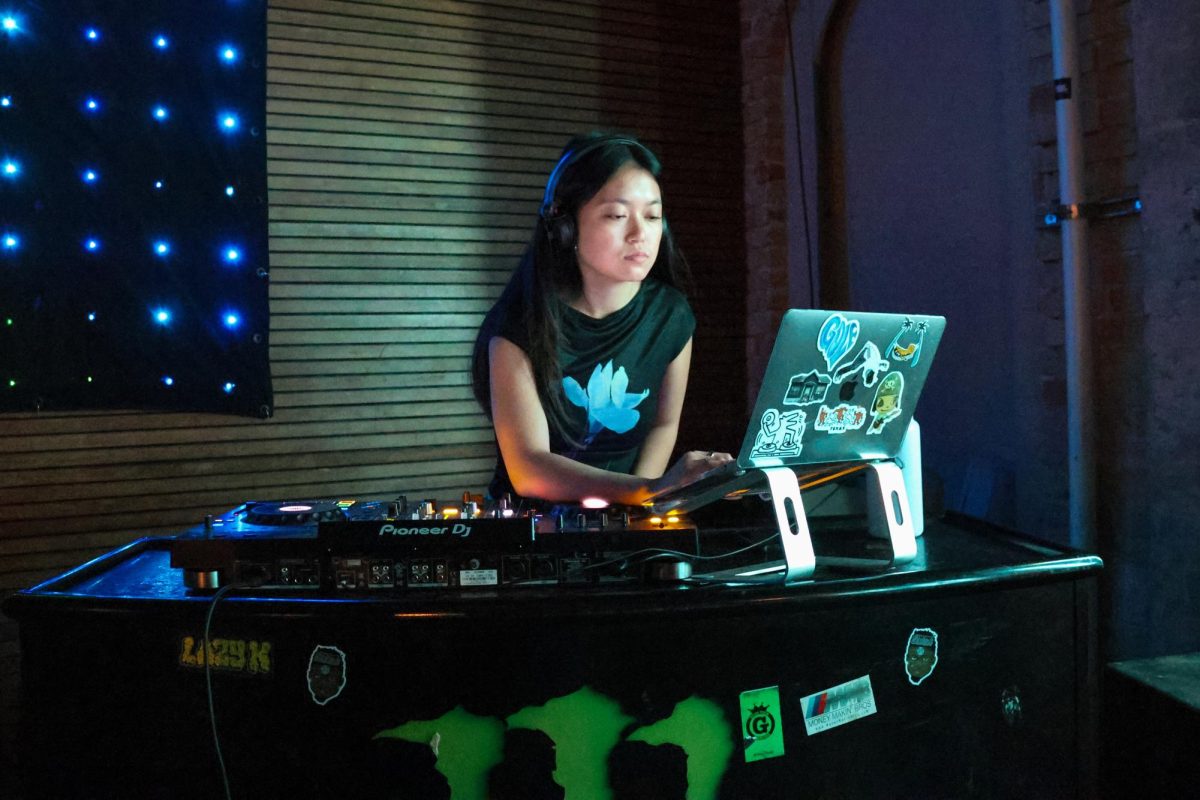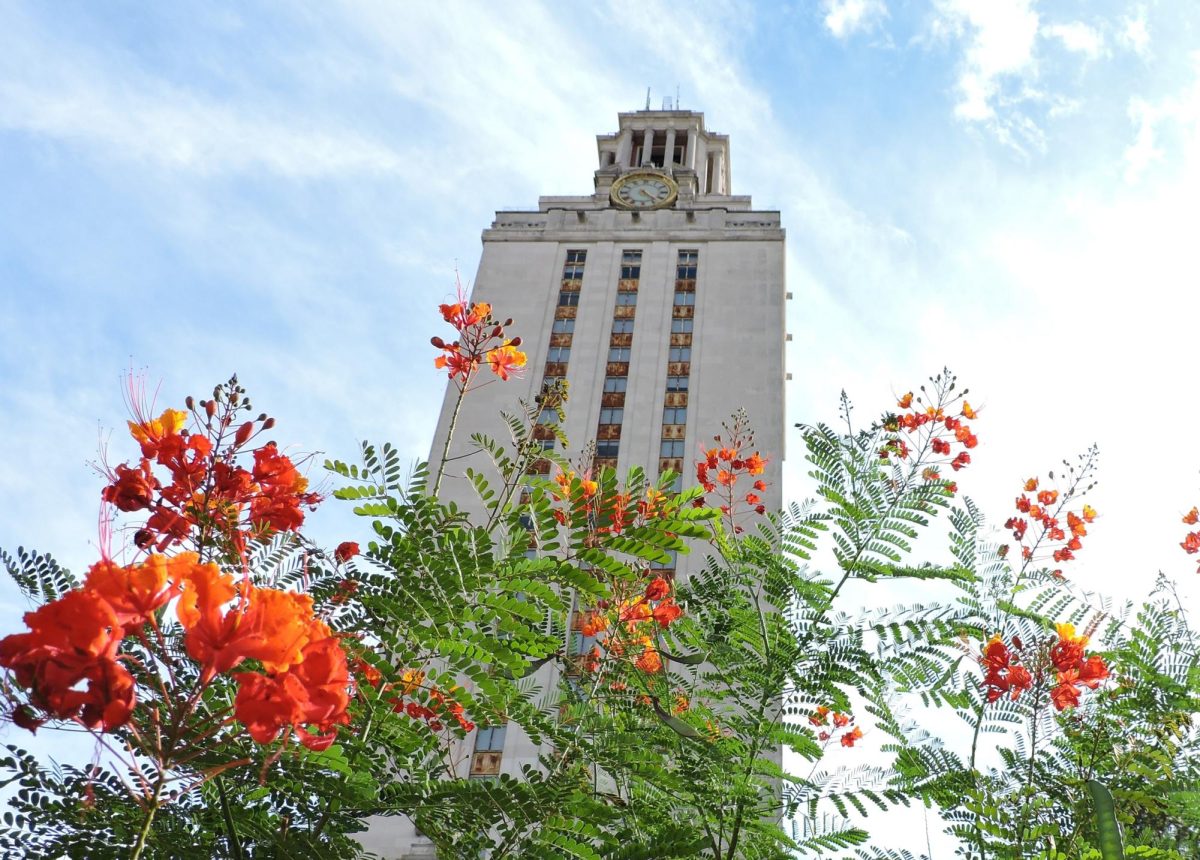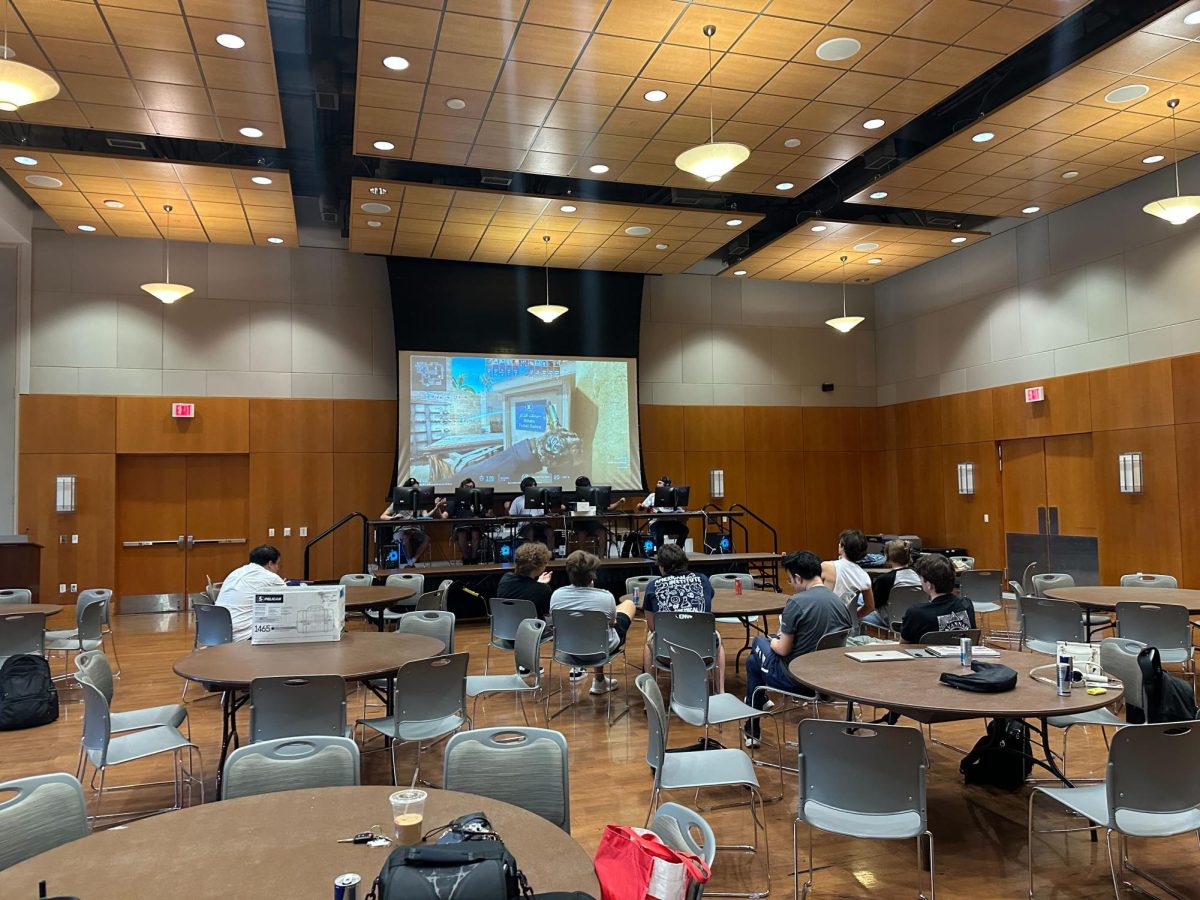The city of Austin is currently experiencing a clash of two contrasting ideologies — the urge to keep the city’s eccentricity alive and the pressure to encourage economic growth. The rapid development the city is experiencing is one reason that magazines like Forbes and Kiplinger’s Personal Finance had ranked Austin amongst the best cities for jobs and business opportunities, even in light of the economic downturn.
It has yet to be seen how Austin will reconcile its rapid financial growth and urban sprawl with its tendency to support local shops and restaurants and resist the influence of big business and chain retail stores.
Joshua Long, a longtime Austin-area resident and current professor of social sciences at Franklin College, an international school in Switzerland, understands this clash well. His book “Weird City: Sense of Place and Creative Resistance in Austin, Texas” explores this struggle to “keep Austin weird” while simultaneously maintaining a thriving economy.
“Weird City” began as Long’s doctoral thesis at the University of Kansas. He had originally been interested in studying Whole Foods and the changes in the food industry as organic and local food products became increasingly popular. But, as Long was conducting his research in Austin, he realized that “there was a much cooler story going on here.”
“Austin is experiencing some pretty rapid growth, and people are picking up on that and resisting to it in some very cool and creative ways,” Long said. “I realized that this would be the ultimate sense-of-place story. It’s a good time to be studying Austin.”
Initially, many of Long’s professors were less than convinced of the academic merit of his proposal to study the city of Austin. But one advisor who was familiar with the city believed in the project and agreed that something was definitely happening in Austin that was worth studying. When Long was halfway done with his thesis, he realized that he wanted to turn the project into a book. Unfortunately, Long says, due to trademarking and copyright laws, he was unable to include parts of his dissertation in the finished product.
“It actually lost a lot of cool things,” Long said. “Although, in the long run, the transition was definitely worth it,” Long said.
Long took an academic approach to his study of Austin’s culture, which translates into “Weird City.” He describes the methodology of his study as “insane.”
“I mean, how do you study sense of place?” Long said. “So much goes into what creates your vision of a place — the media has an influence, the books you read have an influence, the movies that were filmed here have an influence, the people you know here, the music scene, the coffee shops … ”
In order to conduct research for “Weird City,” Long completed 30 “key informant” interviews and spent a lot of time chatting with people at local hangouts, like Spider House Cafe, Zilker Park and Star Bar.
The final product contains interviews and anecdotes about local business owners, like Steve Bercu of BookPeople and John Kunz of Waterloo Records, as well as Austin’s eccentric icons, such as Leslie Cochran.
While conducting his research, Long found that Austinites were very receptive to his project and that he couldn’t get people to stop talking about the city and what “Keep Austin Weird” meant to them.
“I don’t know if I can do this research anywhere else,” Long said. “It’s a great time to be studying Austin. The city is trying to do this in a very smart way, trying to curb urban sprawl and make an environmentally sustainable city. A newcomer to the city of Austin can absolutely keep it weird, and I think that’s the purpose of the whole ‘keep Austin weird’ thing.”
“Weird City: A Sense of Place and Creative Resistance in Austin, Texas” is currently available at BookPeople.

